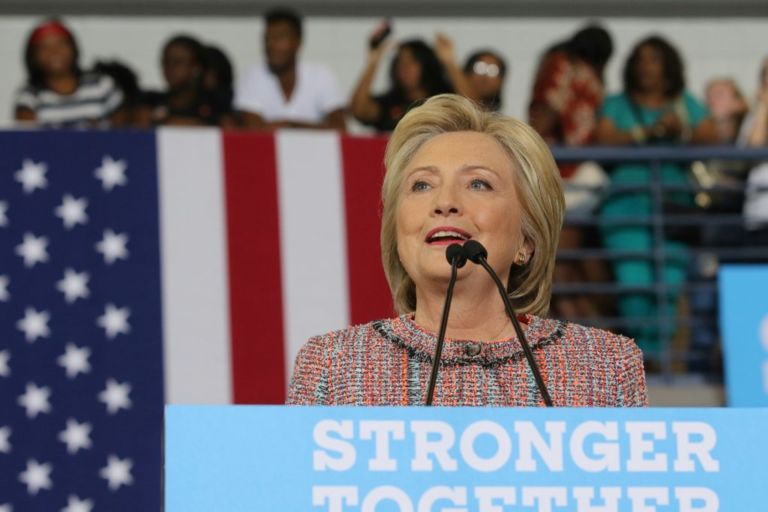Over the past several weeks, I have been discussing some of the silliness surrounding the analysis of lower oil and gasoline prices. It was pointed out here and here that the main reason why lower prices, if sustained, will lead to economic growth is that they will reduce the cost of production throughout the economy leading to an increase in the supply of goods and services and lower prices more generally.
This week I want to continue on this same topic and hopefully illuminate the widespread use of some bad economics. Whether they think the lower prices are good or bad for the economy, most analysts (with rare exceptions) invoke what can only be considered a naive Keynesian argument to support their position. It is an argument that focuses strictly on the fact that consumers have more "money in their pockets," as opposed to the fact that the cost of production is being reduced.
The argument as to whether the lower prices are good for economic growth hinges on whether and how much of this extra money is spent by those consumers. This analysis from USA today is typical:
A drop in pump prices effectively serves as a tax cut, with consumers using much of the savings on other purchases that cycle back into the economy.
Until recently, cheaper gas wasn’t reflected in spending data. Retail sales fell 0.3% in September. But half of the recent decline in gas prices occurred last month, helping lift consumer confidence to a seven-year high and leading economists to predict a more dramatic spending impact ahead.
The implication is that if the money from this "tax cut" were not used for "other purchases," that is if it were saved, then it wouldn’t "cycle back into the economy" and the economy wouldn’t benefit. (See also this article from Valuewalk.com.) Indeed Fox Business Channel’s Maria Bartiromo recently claimed in an appearance on Fox and Friends, the Fox News Channel’s morning show, that, given layoffs in the oil industry, the lower oil and gas prices will be on net harmful to the economy, because consumers are not spending their extra money, which would presumably balance out oil industry losses.
All of these analyses agree that consumers individually are benefitting from the new found savings at the pump, but if they actually save the savings, as opposed to spending it, the economy at large will not benefit and there will be no impact on economic growth.
In the basic Keynesian model of the economy it is spending on consumer goods, as opposed to saving and investment, which drives an economy and causes it to grow. It is the same "reasoning" that was used as an excuse for Obama’s failed stimulus package in 2009 and Bush’s the year before.
The theory is false. The fact is that an economy grows in the process of creating goods and services, i.e. production, not consuming them. Indeed consumption is the happy end result of economic growth. It is production that makes consumption possible, and people gain the where-with-all to be consumers by first engaging in productive activity — i.e. going to work and receiving a paycheck. In economics, this is what is called Say’s Law, named after the early classical economist Jean Baptiste Say who explained this in the early 19th century.
This "only spending counts" Keynesian view of the world has led to another false theory which relates directly to much of the discussion of lower gas prices. This is known as "the paradox of thrift." It states that while it may be good for an individual’s personal economy to increase his savings, if everyone did this it would be bad for the economy as a whole; hence, the paradox. So while lower gas prices may be good for individuals or households because it is saving them money, if most of those people decide that it is best for them personally to put that extra money into their retirement accounts or use it to pay down their debt, then it could be bad for the economy as a whole.
Here is the problem with all of this. As noted, consumption cannot occur unless there has first been production. It is production that is the engine of economic growth. So the Keynesian emphasis on consumption spending is misplaced from the outset. Beyond this, production cannot take place without savings. It is savings that provides the capital that is necessary for production to occur. Savings turns into borrowing, typically by entrepreneurs and businesses. This borrowing, in turn, goes into investment in natural resources, factories, capital equipment, office buildings, housing, etc. It is this productive investment that ultimately creates employment, which gives employees the ability to become spenders.
The fact is that it makes no difference how much of the consumers’ new found cash is spent or saved. If they decide to save more and spend less then they are signaling that they are interested in consuming more in the future, possibly during retirement, and less in the near term. The increased savings means a larger capital stock and a greater ability to produce those future goods and services. If people decide that current consumption is more important and save less, then the market, through interest rates and the price system, will transmit this important information to investors and entrepreneurs. To reiterate, it makes no difference how consumers allocate the money saved from lower gas prices. Guided by the system of profit and loss, that money will go to uses that will be most consistent with consumer wishes. And isn’t that what economic growth is all about?
Click here for the Economics & Environment Update archive.
You can unsubscribe to this and all future e-mails from the John Locke Foundation by clicking the "Manage Subscriptions" button at the top of this newsletter.


